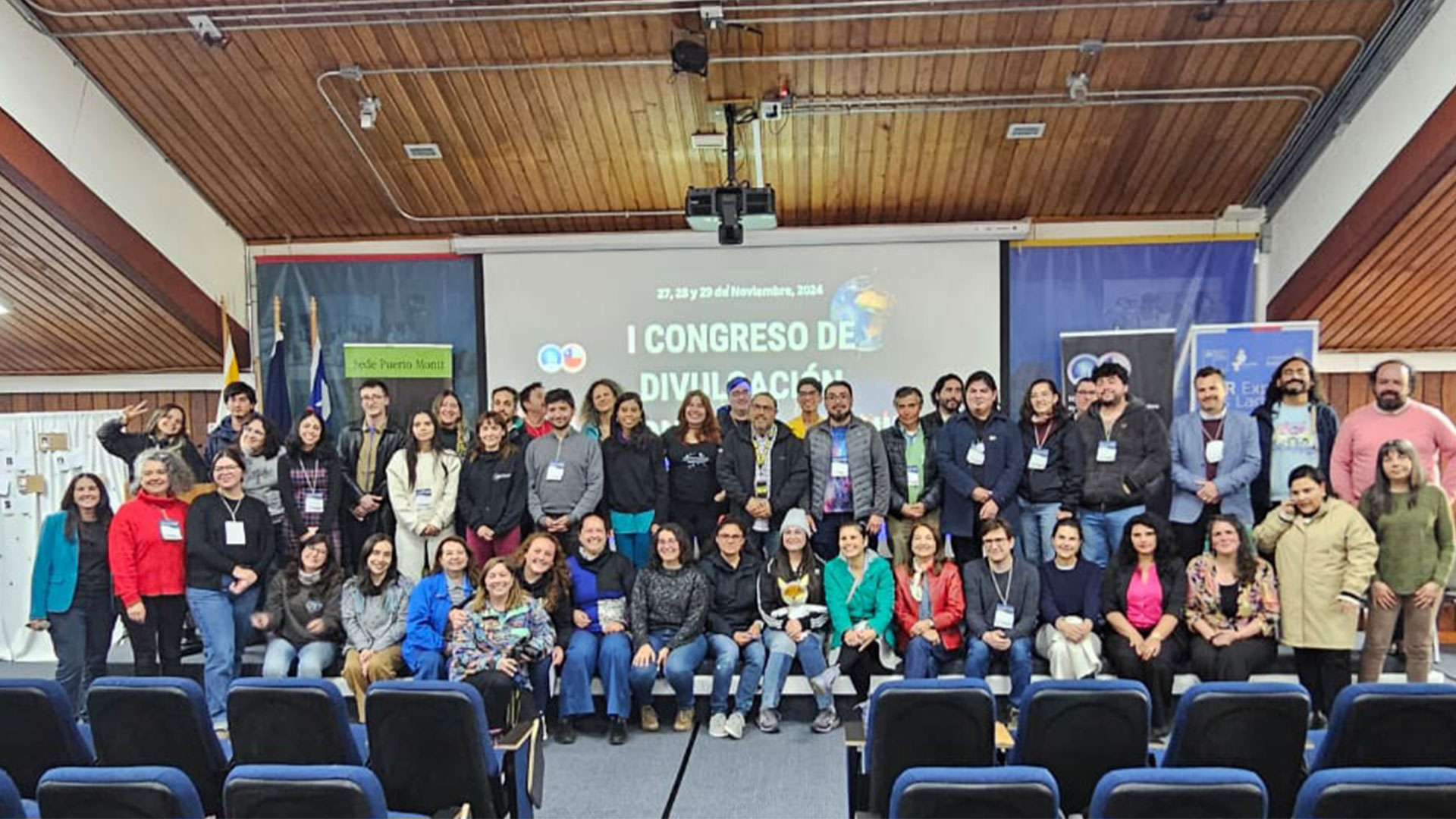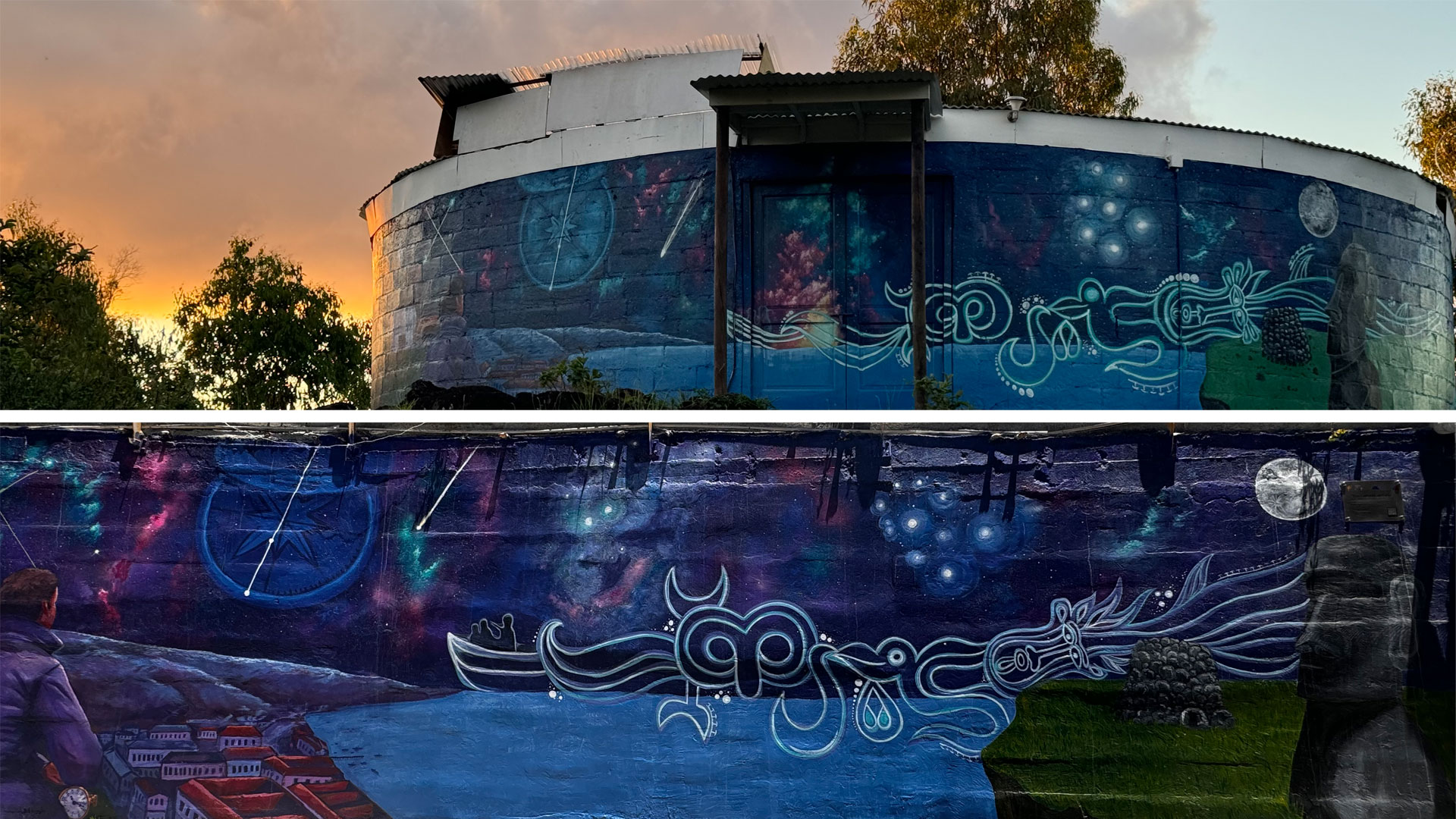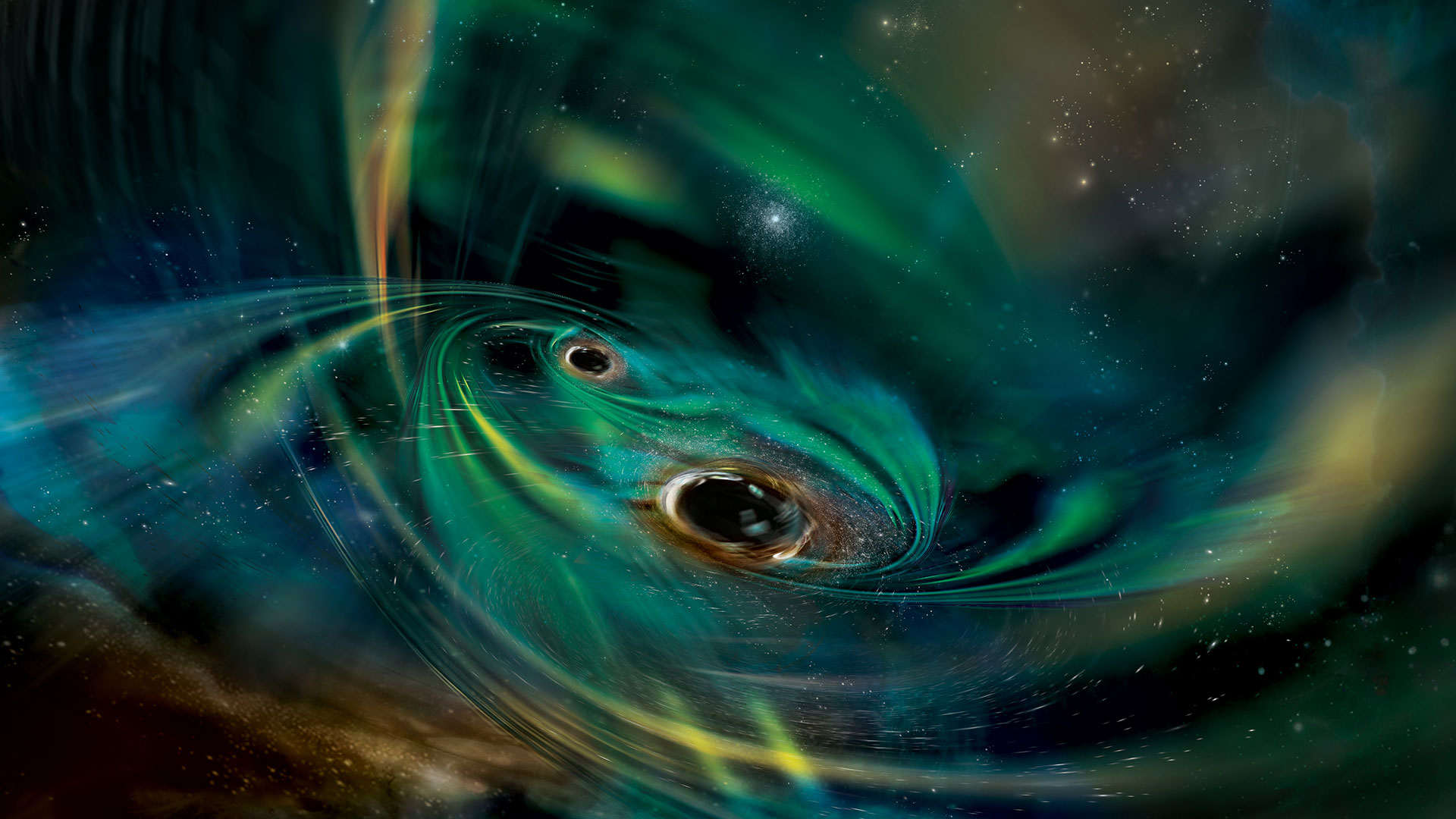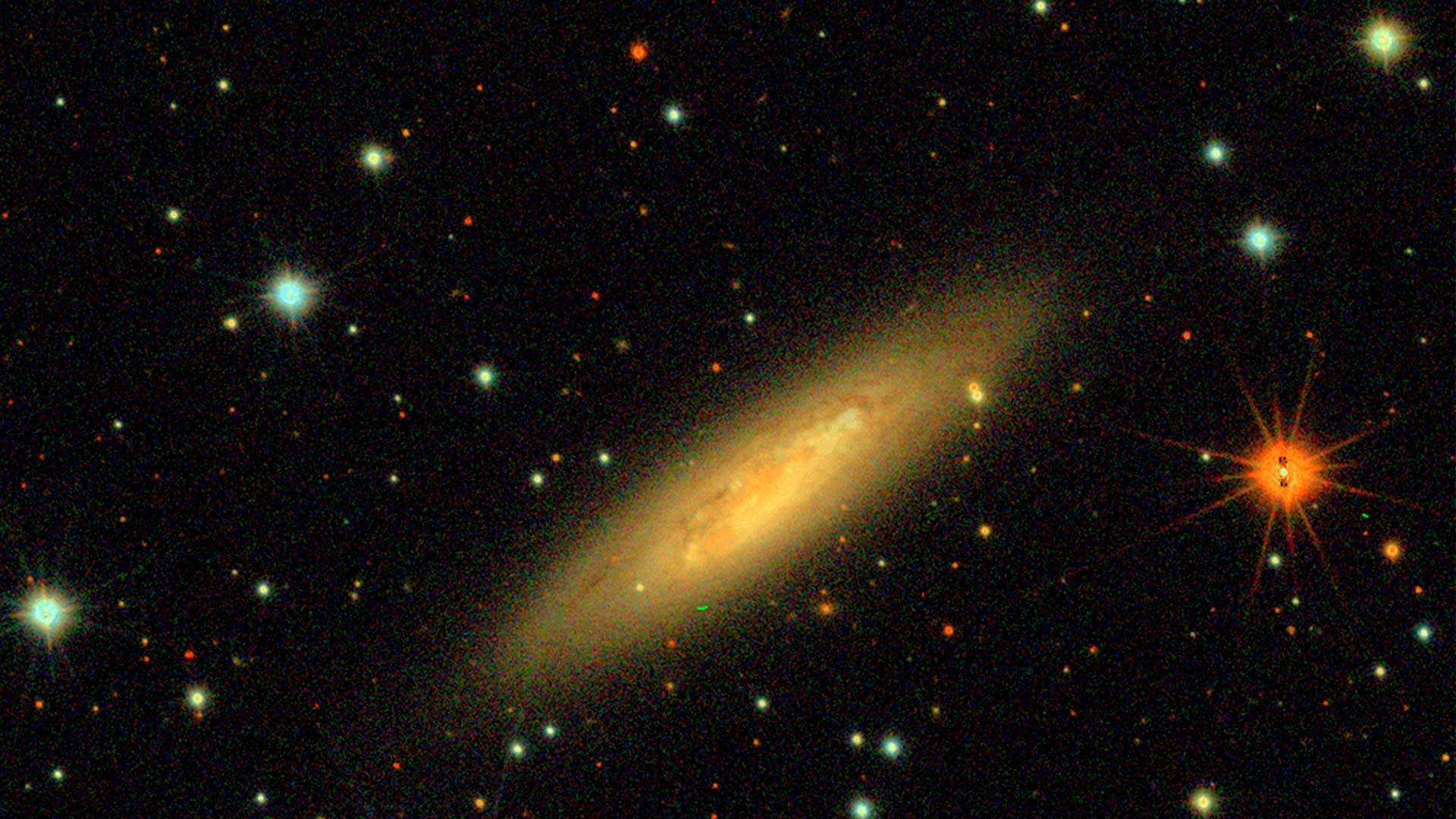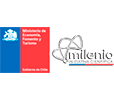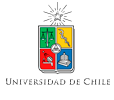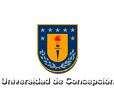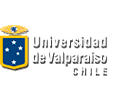Intending to bring the incoming discoveries of the James Webb Space Telescope (JWST) to the astronomical community — one of their main scientific goals is the study of the extrasolar planetary atmospheres that are short as the Earth—this December 12 and 13 will be held the exoLaTam-22.
ExoLaTam-22 is oriented to students and young researchers interested in becoming a new generation of specialized extrasolar planetsscientists and working on proposals for observing time with James Webb.
“This workshop will be focused on exoplanets, emphasizing the observational aspects related to atmospheres,” Rafael Brahm explains, PhD in Astrophysics, a researcher at the Millennium Institute of Astrophysics MAS and professor at the Faculty of Engineering and Sciences UAI.“For the first time, we have the astronomical instrumentation already developed to answer key questions on the formation, evolution and structure of the planets within the solar neighbourhood,” he says.
Dr Néstor Espinoza will be giving the workshop,an astronomer of the Space Telescope Science Institute (STScl) in Baltimore, USA, who works directly supporting the JWST and P.I in two projects selected for the James Webb observing time in cycle 1.
“It will be a one-of-a-kind opportunity since it hasn’t been carried out other workshops with this approach in Latin America. Also, before sending the observation proposals for cycle 2, the attendees will have a solid foundation to elaborate proposals that, if they’re approved, the JWST will observe during 2023,” says Brahm.
It will be an in-person workshop, with classes about the JWST instrumentation and supervised working sessions, where attendees must learn to use algorithms for the telescope data processing.
The JWST technology offers unprecedented resolution and sensitivity. Much so that it has shown the deepest infrared image of the Universe up now, capturing the attention of research and press covers with its breathtaking pictures of the Orion Nebulae and Earendel, the furthest star known in space.
“The mission of the new space telescope is to be a source of great discoveries in the recent decade,” Brahm report, “and as an astronomy Latin American community, we have huge possibilities of participating directly in this scientific progress,” he detailed.
ExoLaTam is organized by the UAI Faculty of Engineering and Sciences and supported by the Millennium Institute of Astrophysics.Vacancies to participate are limited, and the registration fee is USD100. However, it will also be offered alternatives for stay and registration funding.
Click here to register.
Fuente: UAI
